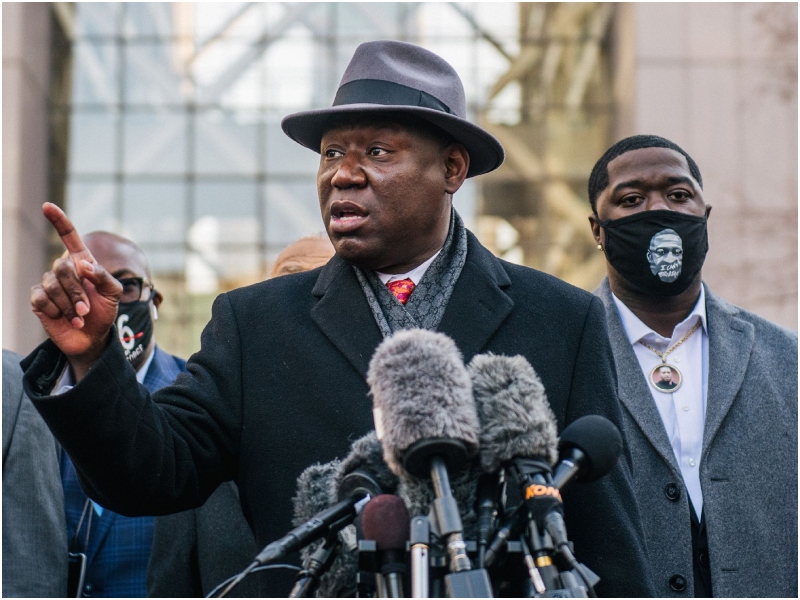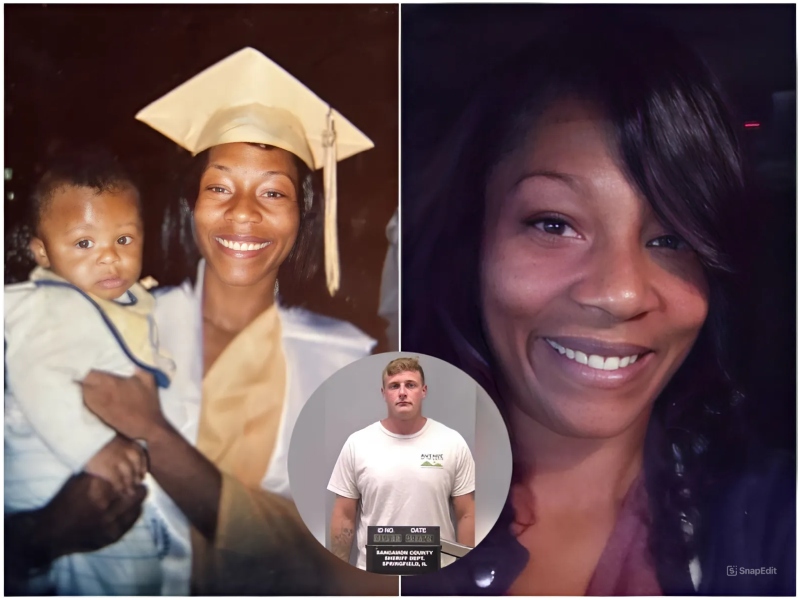Sangamon County, Illinois, has reached a $10 million settlement with the family of Sonya Massey, a 36-year-old woman fatally shot by a sheriff’s deputy after calling 911 for help.
The agreement, approved by county officials this week, marks a significant legal outcome, but it also raises pressing concerns about police hiring practices and the use of force against individuals with mental health conditions.
A Fatal 911 Call
On July 6, 2024, Massey, who had been diagnosed with paranoid schizophrenia, called 911 from her Springfield home, fearing a possible intruder.
Two deputies from the Sangamon County Sheriff’s Office arrived, including Deputy Sean Grayson. Body camera footage revealed that Massey complied with officer instructions and informed them that she had taken her medication.
However, when she picked up a pot of boiling water, Grayson escalated the situation, issuing an explicit threat before fatally shooting her three times.
The footage contradicted initial police reports and played a crucial role in Grayson’s termination and indictment for first-degree murder.
Law Enforcement Hiring Under Scrutiny
The case has ignited debate over how officers with troubling past records continue to be hired.
Prior to joining the Sangamon County Sheriff’s Office, Grayson had worked at five other law enforcement agencies. Records show that former employers raised concerns about his conduct, questioning his competency and training.
Despite these red flags, Grayson was hired in 2023, highlighting a systemic flaw—officers with disciplinary issues can move between departments without thorough vetting.
Legislative Response: Closing Loopholes
In response to the case, Illinois lawmakers have introduced new legislation to tighten hiring practices for law enforcement:
- State Rep. Justin Slaughter proposed a bill creating a task force to review police hiring processes and develop stricter vetting policies.
- State Sen. Doris Turner introduced a measure that would require law enforcement agencies to obtain full disciplinary records of any applicant before making a hiring decision.
These efforts seek to prevent officers with misconduct histories from transferring agencies, a problem that has persisted despite previous policing reforms under the Illinois SAFE-T Act.
Legal and Civil Rights Implications

Beyond the financial settlement, legal experts argue that Massey’s case underscores larger issues of police accountability and the use of force against individuals with mental health conditions.
The Department of Justice has already pushed for additional officer training in de-escalation techniques and mental health crisis intervention, but Massey’s attorneys contend that policy changes must go further.
“This case is not just about one officer,” attorney Ben Crump said. “It’s about systemic failures in hiring, training, and accountability that put the public at risk.”
Looking Ahead: A Trial and a Call for Reform
While the civil case has settled, the criminal case against Grayson continues. The former deputy remains in custody, facing first-degree murder charges. His trial is expected to test the legal system’s ability to hold officers criminally accountable for unjustified use of force.
For Massey’s family, the fight for justice goes beyond the courtroom.
“If it weren’t for the body camera footage, we wouldn’t have known what happened,” said her father, James Wilburn. “We have to ensure this never happens again.”
The case has intensified calls for police reform at both state and national levels, reinforcing the demand for stronger oversight in law enforcement hiring and training to prevent future tragedies.

